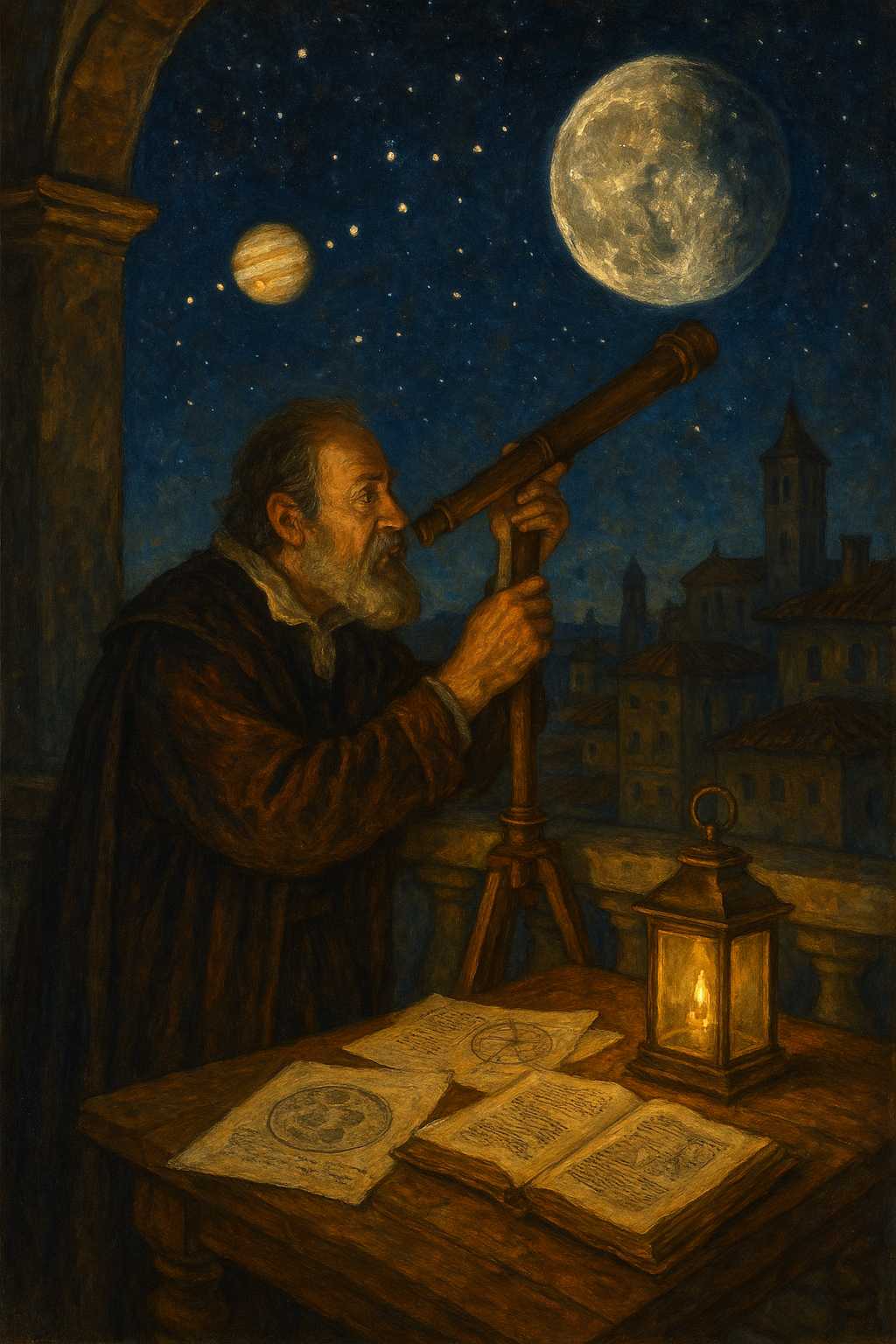The history of astronomy is a narrative of curiosity, innovation, and paradigm shifts. Few figures stand as tall in this history as Galileo Galilei, whose work in the early 17th century fundamentally changed our understanding of the universe and laid the groundwork for modern observational astronomy.
Galileo’s most profound contribution came with his pioneering use of the telescope. While he did not invent this instrument, he was the first to turn it skyward systematically and report his observations. In 1609, Galileo constructed his own improved telescope and began an intensive study of the heavens. What he saw challenged the prevailing geocentric model, which placed Earth at the center of the universe.
One of Galileo’s first discoveries was the uneven, mountainous surface of the Moon—contrary to the Aristotelian belief that all heavenly bodies were perfect spheres. Soon after, he observed four "stars" revolving around Jupiter. These turned out to be moons—the Galilean satellites: Io, Europa, Ganymede, and Callisto—providing direct evidence that not everything orbited the Earth. Galileo also observed the phases of Venus, confirming the predictions of the heliocentric model proposed by Copernicus.
Galileo’s work did not come without controversy. His support of heliocentrism brought him into conflict with the Catholic Church and the prevailing philosophical doctrines of his time. Nevertheless, his rigorous observational techniques—combining experiment, mathematical analysis, and detailed record-keeping—became hallmarks of modern scientific practice.
Today’s astronomers owe much to Galileo’s legacy. Modern telescopes—spanning the electromagnetic spectrum from radio to gamma rays—are the direct descendants of the simple instrument he first pointed at the sky. As we peer deeper into the cosmos, it is fitting to remember the restless mind that first revealed the universe’s complexities.
The revolution Galileo set in motion continues to this day, echoing in every new discovery from distant galaxies to the exoplanets that might one day answer the age-old question: Are we alone in the universe?


Leave a Reply